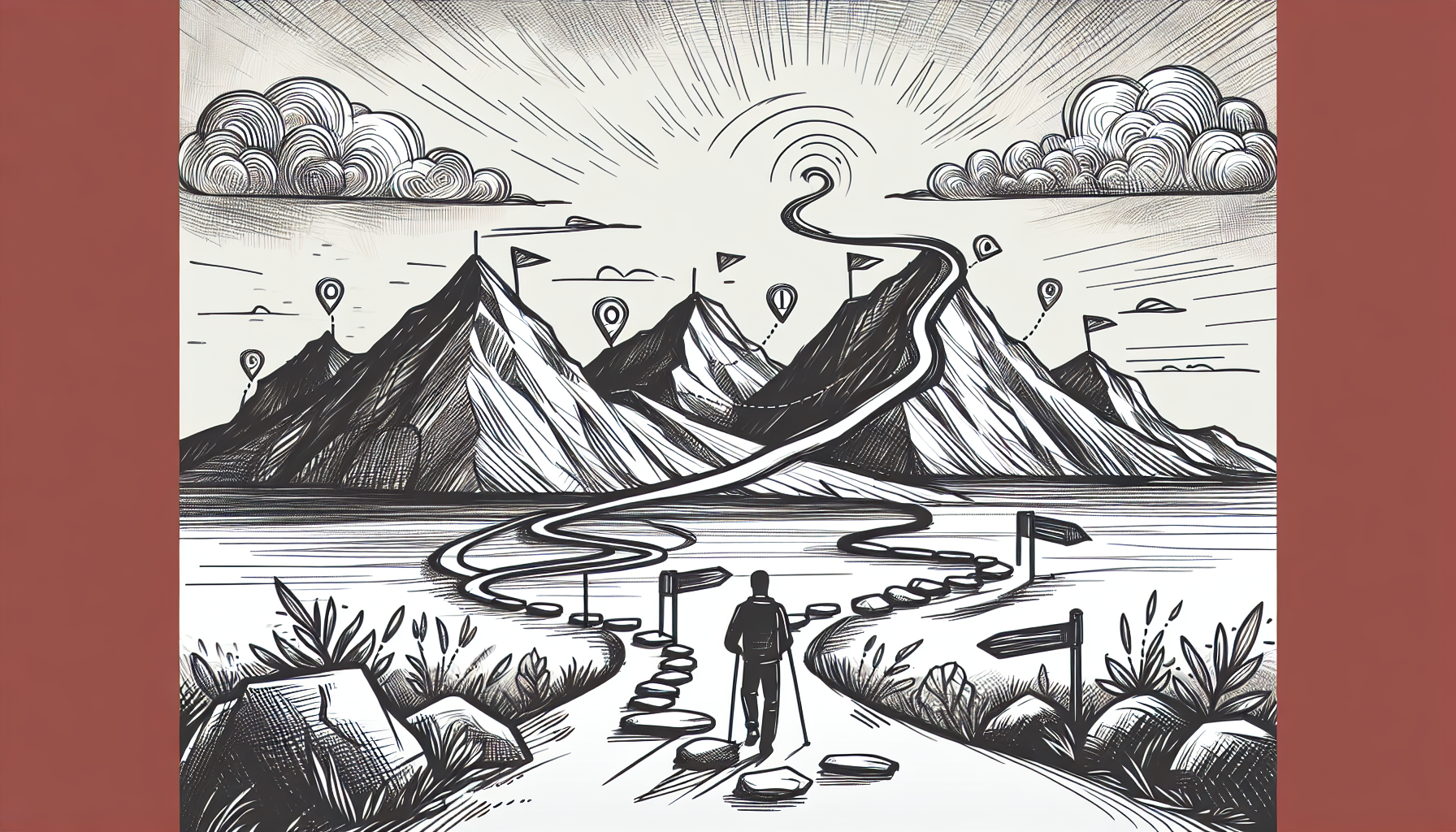An essential part of a leadership journey often begins with self-awareness. It involves a deep understanding and recognition of one’s strengths, weaknesses, emotions, beliefs, and motivations. By understanding oneself, a potential leader can then leverage their strengths and work on their weaknesses to become a more effective leader. This stage of self-awareness is crucial as it lays the foundation for personal growth and development.
Once self-awareness is achieved, the next step is often to develop a leadership style. There are various leadership styles, including transformational, transactional, autocratic, democratic, and laissez-faire. Each has its strengths and weaknesses, and they are not one-size-fits-all. The most effective leaders are those who can adapt their style to the needs of their team and the demands of the situation. They understand that people are unique, and so is every circumstance.
Effective communication is another crucial component of a leadership journey. A leader must be able to clearly and effectively convey their vision, strategy, and expectations to their team. They must also be able to listen and understand the needs, ideas, and feedback of their team members. This two-way communication fosters trust and respect between leaders and their team, which in turn enhances productivity and morale.
Emotional intelligence also plays an integral role in a leadership journey. Leaders with high emotional intelligence can understand and manage their own emotions as well as those of their teams.
They are empathetic and can build strong relationships, which is key to building a cohesive and productive team.
Alongside these qualities, the leadership journey also demands resilience. Leaders will inevitably face setbacks, obstacles, and challenges.

How they handle these challenges can significantly impact their leadership effectiveness. Resilient leaders are those who can bounce back from adversity, learn from their mistakes, and use these experiences to grow and become stronger.
Lastly, a leadership journey is a lifelong learning process. The world is ever-evolving, and so are the needs and demands of leadership. Continuous learning and adaptability are critical for staying relevant and effective as a leader. This can be accomplished through various means such as reading, attending seminars and workshops, seeking mentorship, or enrolling in leadership development programs.
Today’s effective leaders understand that their journey involves more than just climbing the corporate ladder. It’s about developing a deep understanding of oneself, nurturing a flexible leadership style, honing communication skills, fostering emotional intelligence, building resilience, and committing to continuous learning. This journey may be filled with twists and turns, but each bend in the road provides a valuable opportunity for growth, making the journey worthwhile.
Remember, leadership is not a destination, but a voyage of discovery.